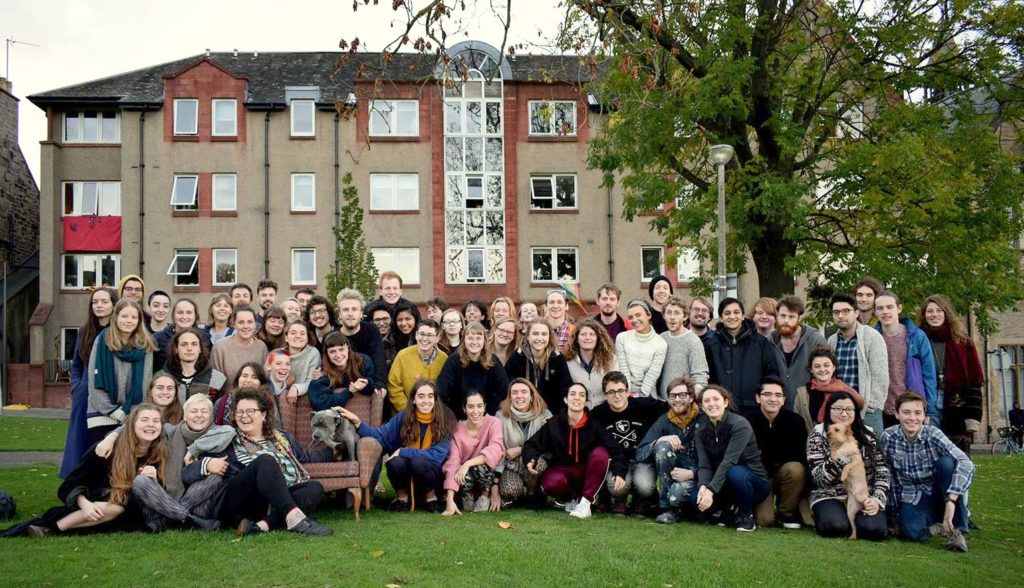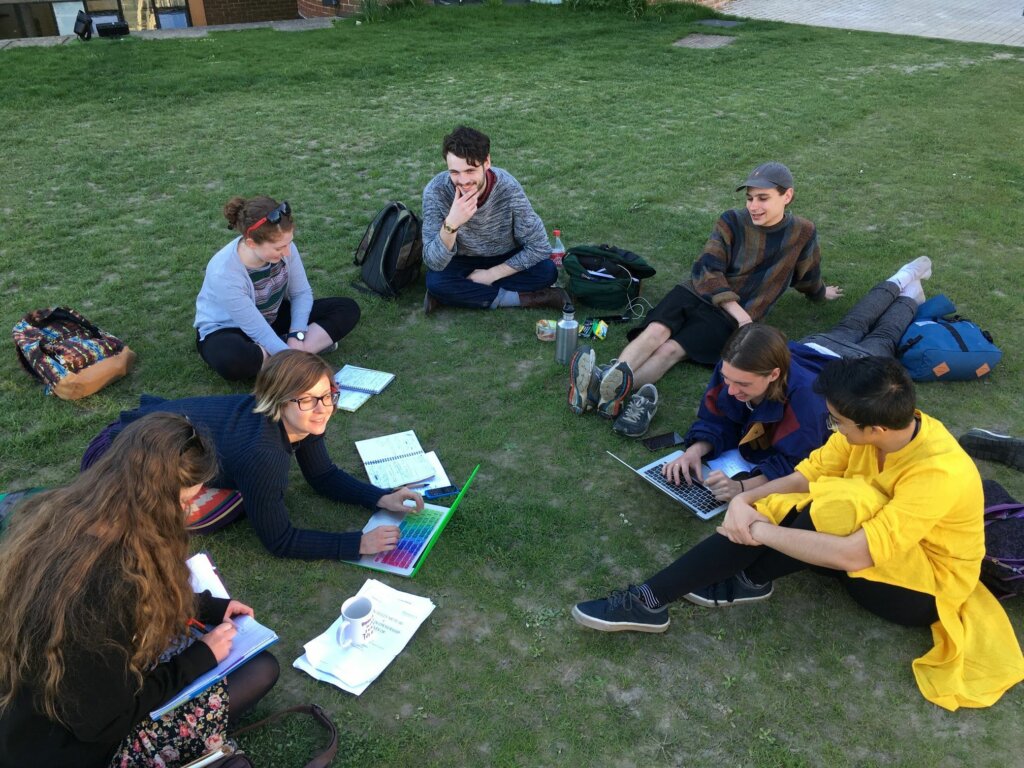How to get started
Step 1: Write down what you want
A housing co-operative exists to meet the shared needs and aspirations of its tenant members. The first step is to identify what needs you and your community have that are not being well met by the currently available housing.
Do you need more affordable rent? Control of your space? A garden? Housing security?
Write down your vision for a housing arrangement that meets the needs of your community.

Step 2: Recruit other people
A co-op allows a group of people to meet their shared needs together when they could not do so separately. Share your vision and find the people that want to be a part of it. Recruitment is not just about finding people who want to live in the property, but finding people who are willing and able to participate and work co-operatively.
As new people join the group, the goals and priorities of the co-op may need to adapt to the shared needs of the people in the group. Revisit, refine, and grow your vision.
Step 3: Make a plan
If you can’t find an immediate group, think about holding an awareness raising event and getting in touch with your sabbatical officers/ Students’ Union to see what support they can offer. Once you’ve got a group of students together, it’s time to start making tangible plans. Your plans will necessarily change and evolve over time. You won’t have all the answers. Start writing down plans to make a framework for figuring out what is possible.
What: What do you want your property to look like? How big, how many units, what amenities, what location? Sketch it out! It’s good to work out what you you are flexible on too.
When: it takes time! Some of the founding members are likely to have graduated by the time you have secured a property.
Get in touch with Student Co-op Homes for support, your local community land trust (if you have one), and existing student/ housing co-operatives to learn more.
Step 4: Form a legal entity
A legal entity gives you a legal and financial tool to share an asset among many people. It makes the rights and responsibilities of individual members explicit and legally enforceable. And it can protect the members from adversarial entities or individuals who may try to sue, displace, or take-over the co-op. Forming your legal entity allows you to open a bank account and apply for grants in the name of the co-op.
As a co-operative you also need to have your own rules/ constitution. Again these can be adapted to suit the needs of your co-op.
For more info on how to register as a co-operative see Catalyst Collective or Co-ops UK.
Step 5: Policy writing (aka secondary rules)
This is the bit where you get to start making decisions about how the co-operative will run to ensure it continues to be accountable to its members, and fulfils its legal requirements. There is no need to re-invent the wheel but it is important the policies work for your co-operative.
Step 6: the path isn’t linear
Finance, property hunting and building community connections are all part of the journey.
Step 7: Acquire a property
There are several options for acquiring a property.
To date, all the student co-ops in the UK have leased a property from another organisation (Student Co-op Homes, Housing Associations, or the Community Land Trust) so it’s worth thinking about how to develop potential partnerships early on.


